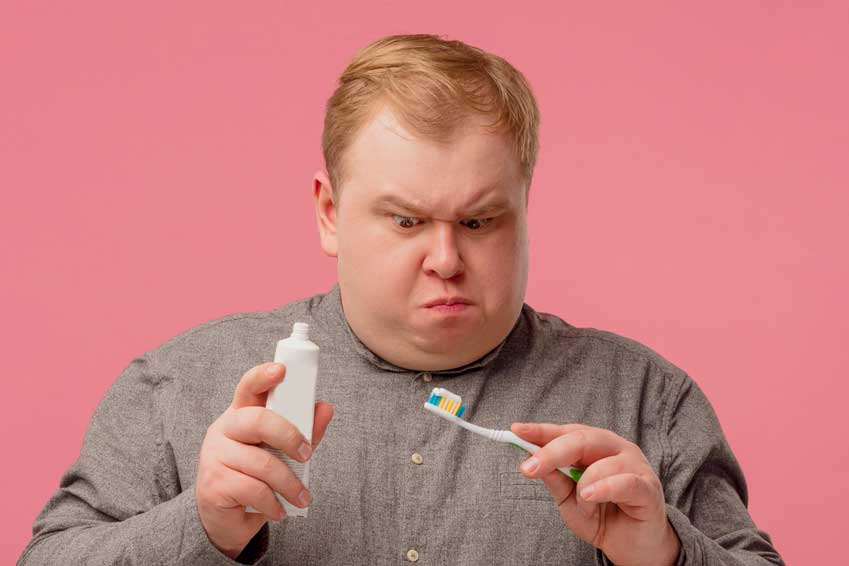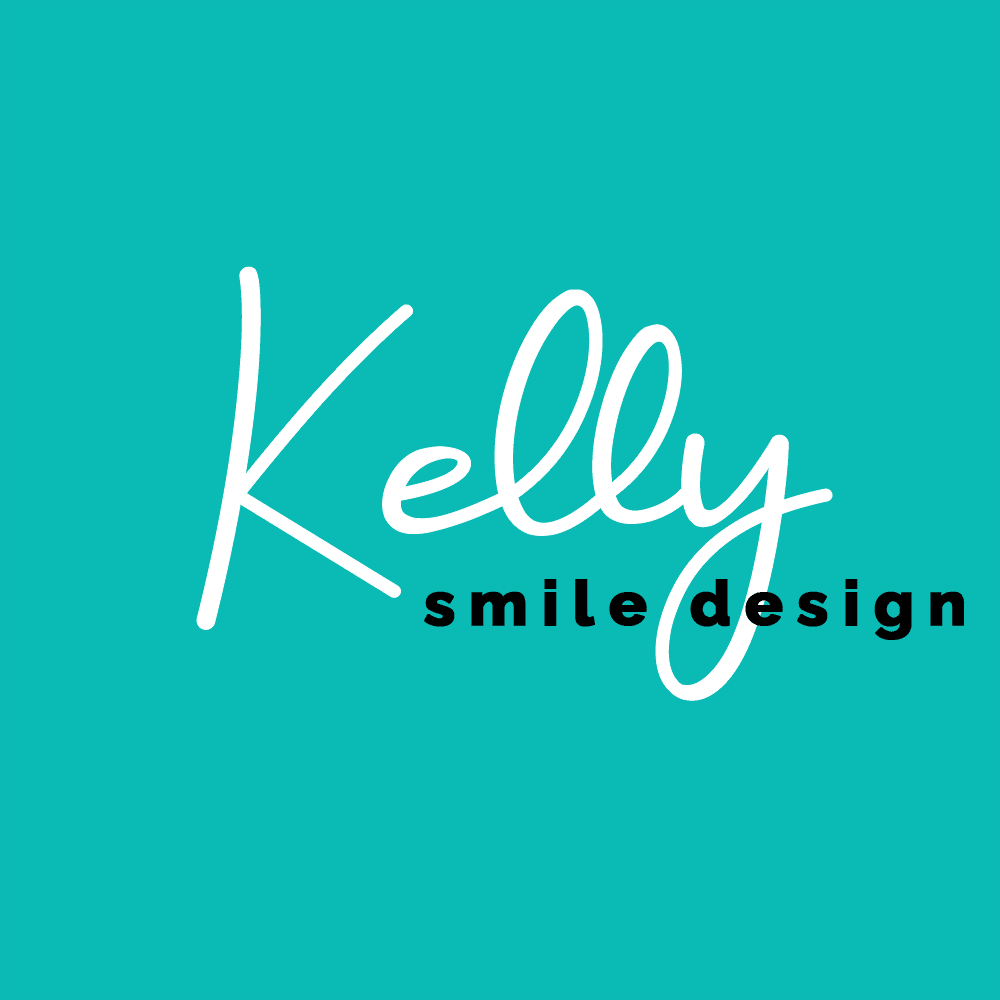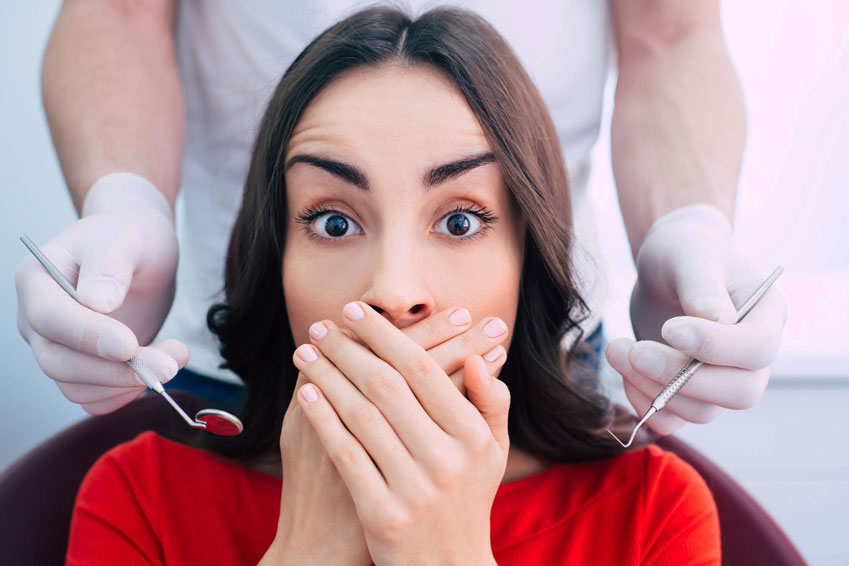You’re more likely to develop dental problems caused by too little tooth cleaning than too much, but that doesn’t mean overbrushing isn’t a risk as well…
If you’re extremely focused on tooth cleanliness and don’t realize the effects excessive brushing could have on your teeth, you may be at risk for problems related to overbrushing.
For example, if you brush too hard and long each day or at the wrong times, your toothbrush could actually be wearing away at your enamel enough to cause long-term issues.
Here are some strategies to help you avoid overbrushing.
1. Brush at the right times
You may be wondering how the plastic bristles on your toothbrush could be strong enough to wear away at your enamel. One factor can be if you brush when your teeth are already a little softer than usual.
When your teeth are exposed to food (especially sugary or starchy food), the bacteria in your mouth start producing acids that slightly soften the tooth enamel. Bottom line is that right after eating is when your teeth are most vulnerable to wear and tear. Of course, that’s also when you might brush your teeth in order to remove that excess food.
Some experts advise waiting at least half an hour after each meal or snack before you brush your teeth. This strategy allows your saliva to wash away some damaging acids and bring some minerals back to your enamel before you scrub it down.
The problem with this, of course, is that you still don’t want to leave the food debris on your teeth for half an hour. After all, food debris feeds cavity-causing bacteria. So to reduce food debris, you can simply rinse your mouth out thoroughly with water and then with a neutralizing mouthwash to help reduce the acidity in your mouth.
2. Brush with the right tools
If you have a history of sensitive teeth, you likely need to use the softest toothbrush products you can find to reduce enamel wear. They may not look like it, but toothbrush bristles can actually be quite sharp. Choosing a toothbrush that has specially rounded bristle tips can help reduce scratching as well as gum irritation.
In addition, a softer toothbrush may seem like it has less scrubbing power, but it can actually be superior in some cases where cleaning is concerned. That’s because finer bristles may be able to reach into small crevices more easily. Using a soft-bristled toothbrush may also help remind you to use a softer touch when brushing.
Keep in mind that replacing your toothbrush frequently is important as well. Frayed bristles can be harsher on your teeth, so you should replace the toothbrush before that can become a problem.
3. Brush with the right technique
If brushing your teeth is helpful, brushing them longer and harder must be extra helpful, right? Unfortunately this isn’t necessarily the case. In addition to irritating your gums (which can then recede), too-vigorous brushing can also wear away enamel over time and cause tooth sensitivity.
For gentle, thorough cleaning, you should hold your toothbrush delicately with your thumb and one or two fingers, rather than your entire fist. If you’re unsure whether your technique is correct, ask your dentist for advice.
4. Supplement brushing with other techniques
No matter how much you brush, it’s not the be-all and end-all of tooth cleaning. In some cases, you may be tempted to brush harder or longer when, instead, you simply need to use another technique.
For example, if you have bad breath, you may be tempted to brush more, but you may simply need to use floss to clean odor-causing plaque from in between your teeth, instead. Using a scraper to clean residue from your tongue can be another helpful technique for overall hygiene and for avoiding bad breath.
Brush your way to brightness!
These strategies can help you walk the fine line between brushing your teeth too little and brushing them too hard or aggressively. However, keep in mind, this is not to be taken as medical advice. As always, if you’re unsure about any of these techniques or need advice on your brushing habits, consult your dentist!


















